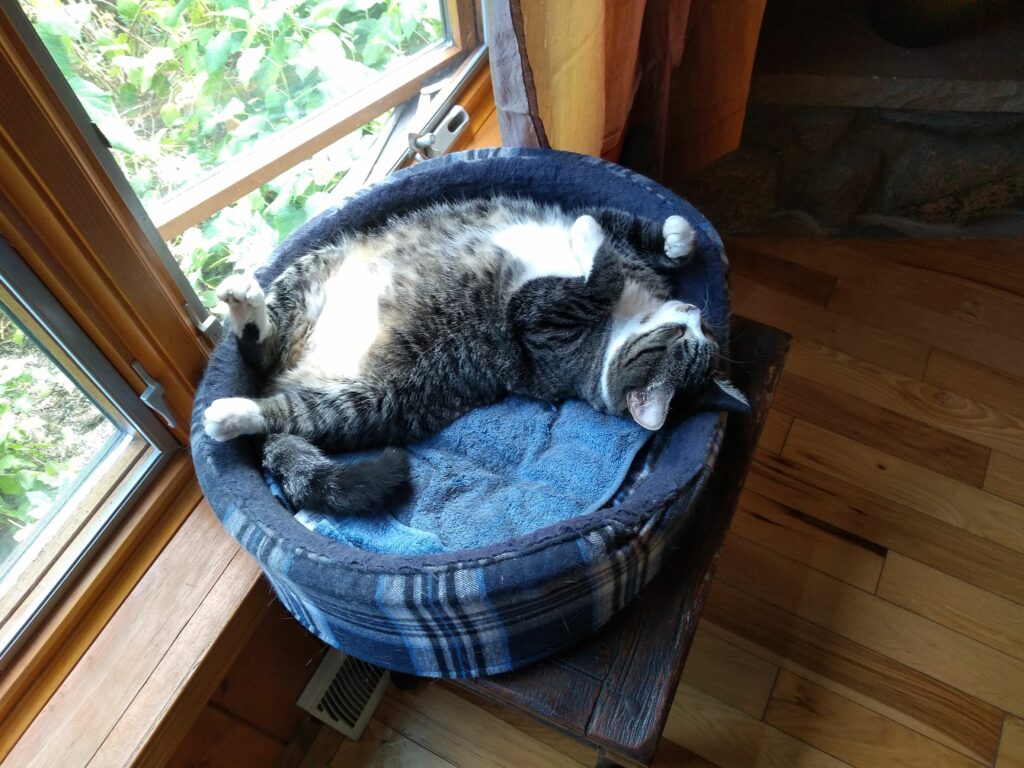Debbie Delvaux
Staring at his shoes, not looking up to the world around him, just looking down. There is an ache in his body and the only way to fix the ache is to look for what had first brought him here to begin with.
It all was a slow and easy way to escape the reality that was around him when he was young, but now he is 28 and feeling 100. Why did he start to do it?
It was as all young people do to try to fit in their surroundings. Now he is alone and looking down at nothing. A foot in his view, he looked up to the leg that it is attached and could hear a voice ask what the time is. He just stared at the leg and didn’t say a thing.
“I ask if you have the time?” He still stared at the leg and didn’t say a thing. The voice asked if he was okay. Still no sound from him. Then, as he still looked down, a feeling of a hand is now on his shoulder, holding him in a way that a friend would hold another friend when they are down and out.
“It’s okay and you will be okay, I know because I see that you want to live and yet there is no other way to not live. Siting at rock bottom is where you are at and yet you still want to live as others before you have done the one thing that you can not do and that was to die for what has brought you to this place.”
He heard this and slowly looked up to see not a body that the leg belonged to, but instead a light that shone bright and powerful. He stared in awe and a sudden awareness that he was now looking at a spirit in the form of an angel. Of all of his catholic upbringing in the church, he now realized that he was sitting at the gate to heaven.
“You are not dead but you are alive in the new world that you do want to live in. I can help you. I just need you to ask for help and then you can live to help others.”
He looked at the glow and then started to get a feeling of immeasurable sadness and yet a sense of happiness around him. The want and the need to be with his family was intense and yet the thought of going back to them for help was something that he didn’t want to do because he hurt them in so many ways.
“Yes, your family is hurting for you and have been praying for you since you left.”
He didn’t know what to say and he again looked down. Just then he stood up and grabbed the light and cried till there was nothing left in him.
“I will do whatever there is to do so I can live again. Help me to get better, I want to live and I want to breathe and I want to see the world for what it truly is, a wonderful place to live in that is full of your glory!”
He felt a sudden tug at his back and then jolt to his body, suddenly as he felt all of these things, he looked down now to see he is floating in the air and not touching the ground at all.
He is so happy and yet he is so scared that this wonderful feeling is just but a feeling.
The voice is now telling him to let go and let the wonder he is in help him get better. He stands taller and then says “Let me live”.
“I will let you live, but let go and you will be born again.”
He cries in triumph and lets go of the pain he is in, then falls to the ground and slips forever to the power of the light around him. He comes around and stands up to see that the whole time he is sitting on the steps of a church and now realizes that he had come home after all.
God had sent an angel to him when he was contemplating killing himself so as to not have to live in the hell he had fallen into. This being the season of holy birth and the season to be with family and friends, when you are hurting and not able to heal on your own, just let go and let God in to heal what you cannot do alone.
For what it is worth to those that cannot heal, he is and always will be the one to go to when you are in trouble.


